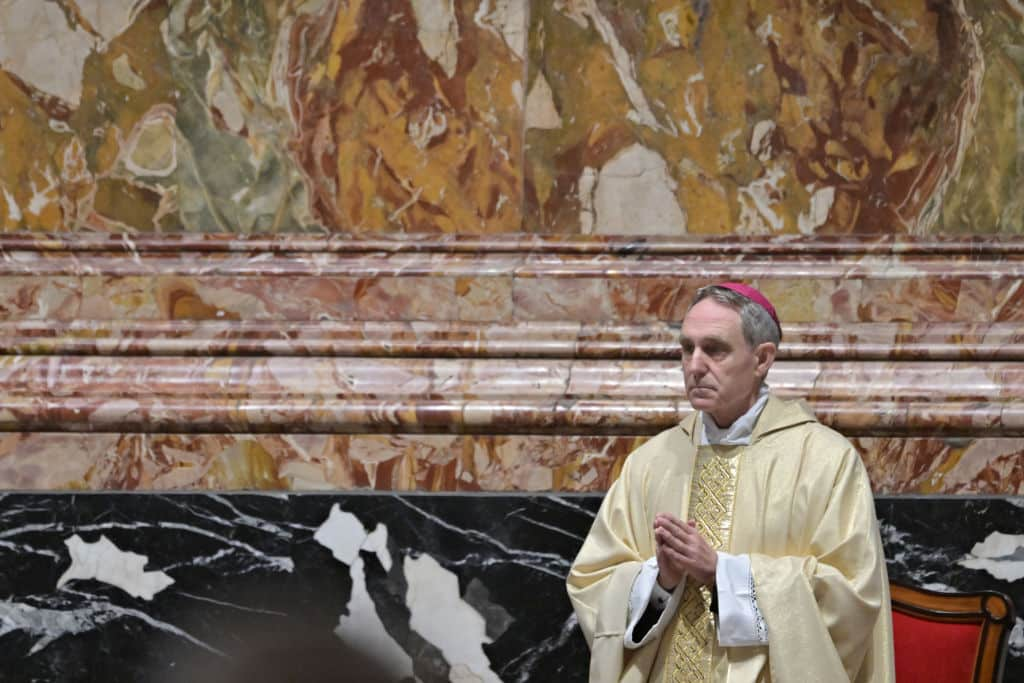Ten years after releasing their landmark pastoral letter on pornography, the U.S. Conference of Catholic Bishops has issued an urgent update, one that speaks directly to the digital complexities of 2025. From OnlyFans and AI-generated deepfakes to the public health crisis of loneliness, the bishops’ newly revised introduction to Create in Me a Clean Heart offers both a sobering diagnosis and a renewed call for healing.
Gone are the days when pornography was viewed as a private shame. According to the bishops, it is now “woven into the fabric of social media, monetized through crowdsourced platforms, and personalized by algorithms designed to addict.” They specifically cite the rise of platforms like OnlyFans and the unchecked spread of AI-generated adult content as new frontiers of moral and spiritual concern.
But rather than take a purely condemnatory tone, the bishops frame the issue as a response to woundedness, what they describe as “a spiritual wound” caused by isolation and counterfeit intimacy.
“The Church must again become a place of healing,” the preface reads. “Where the wounded can turn, not in judgment, but in hope.”

The 50-page document directs its message to clergy, educators, parents, and lawmakers, urging each group to actively shape a culture of dignity and responsibility. Parents are advised to delay smartphone access for children and model healthier digital habits. Schools are encouraged to eliminate non-essential phone use during class and integrate Theology of the Body into curricula.
In a particularly bold move, the bishops call on civil leaders to enact stronger safeguards, including age verification for online platforms and restrictions on the use of AI for non-consensual content generation.
The bishops do not shy away from the Catholic Church’s own past failures, particularly in protecting minors. “Accountability is non-negotiable,” the document states. “Wherever minors or the vulnerable are exploited—whether by secular actors or by those in the Church, there must be justice, transparency, and true repentance.”
Still, the core message is one of redemption. Rather than advocate for a return to a “purer past,” the bishops are asking Catholics—and society at large—to envision a more humane digital future.
“It is not good for man to be alone,” the bishops quote from Genesis, framing their letter as a warning and a compassionate reminder that true intimacy begins with community, trust, and love.
